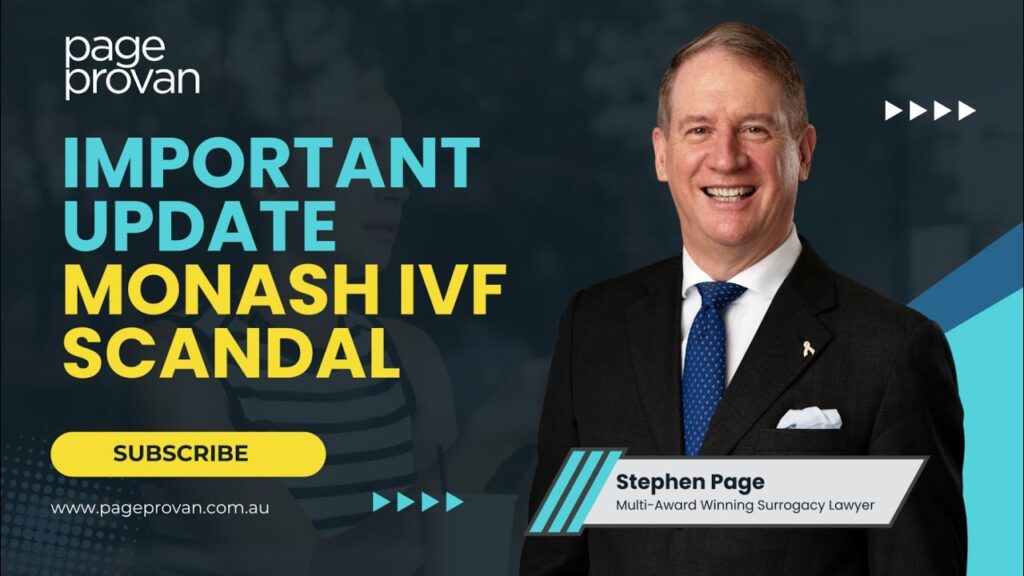How counsel’s conduct enabled the court to make a protection order
A Californian case is an illustration of how lawyers should be careful in court, and how the court can draw inferences from lawyers’ behaviour.
In Michael Gdowski v Diana Gdowski[PDF], Michael, aged 83, sought a protection order against his daughter Diana, aged 56.
At trial, the trial judge did not know who to believe as it was one person’s word against the other.
What tipped it over the edge, however, was the conduct of Diana’s trial counsel:
“The Court: . . . What I have here, is simply a rather close call. It’s
one person’s word against the other. The court has observed carefully the demeanor of
this process. Frankly, the court is affected by the manner in which [Michael] was
examined, and that [Diana] allowed that to happen.
“[Counsel for Diana], I assume that your rather aggressive and
confrontational cross-examination of [Michael] was consistent with your client’s desire to
treat her father in such a fashion.
“[Diana’s counsel]: That is an unfair characterization.
“The Court: I’m speaking, counsel. I’m the one that sat and watched you
beat up on this fellow. And speak to him in such a way.
“There is a problem here. It’s an elderly man that is having difficulty. His
wife is disabled, and in need of a conservatorship. He has concern about her. He has
come to this court to ask for relief.
“What he has got in response is an allegation that he is a bad person, and in
some fashion that he is out for some evil motive and that he does not have the best
interest of his wife.
“The examination of him I think was abusive to him. We’re in a court of
families that go through these difficult times. And they need to be treated with respect.
“And I compared that to how [Michael’s counsel] cross examined [Diana].
With respect, without raising his voice, without being confrontational.
“This is a family in trouble. It’s not a war we’re fighting . . . in this
courtroom. This is a family. The court observed that happening and your client didn’t
tap you on the shoulder and say to you this is my father you are speaking to. That was
the straw that made the difference in tipping the scale as to whether or not [Michael] has
been treated in an abusive way.”
Diana appealed against the making of the protection order against her, on the basis that a client is not in control of their counsel at trial. The court noted that counsel, rather than clients, are responsible for the conduct of examination. “To require a client to correct his or her counsel’s behavior during the examination of a witness in order to avoid inferences as to the client’s prior actions outside the courtroom would go against all these accepted principles of the attorney‑client relationship.”
Diana was successful in the appeal, and the matter was remitted for further hearing.
Thank you to Family Law Prof Blog for highlighting this case.












